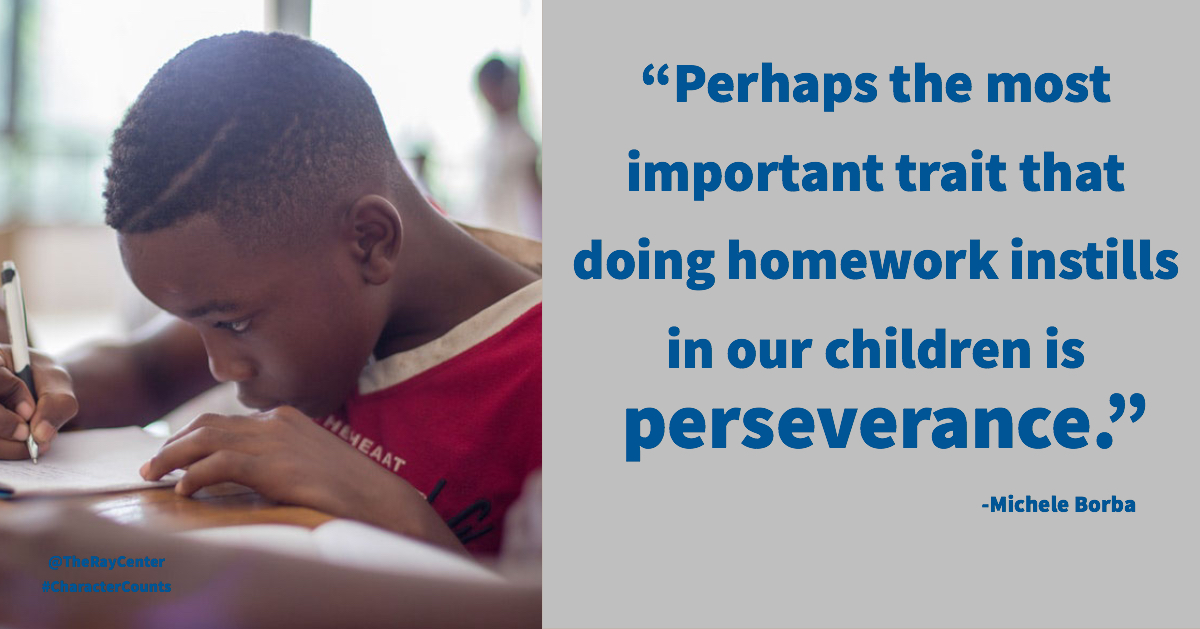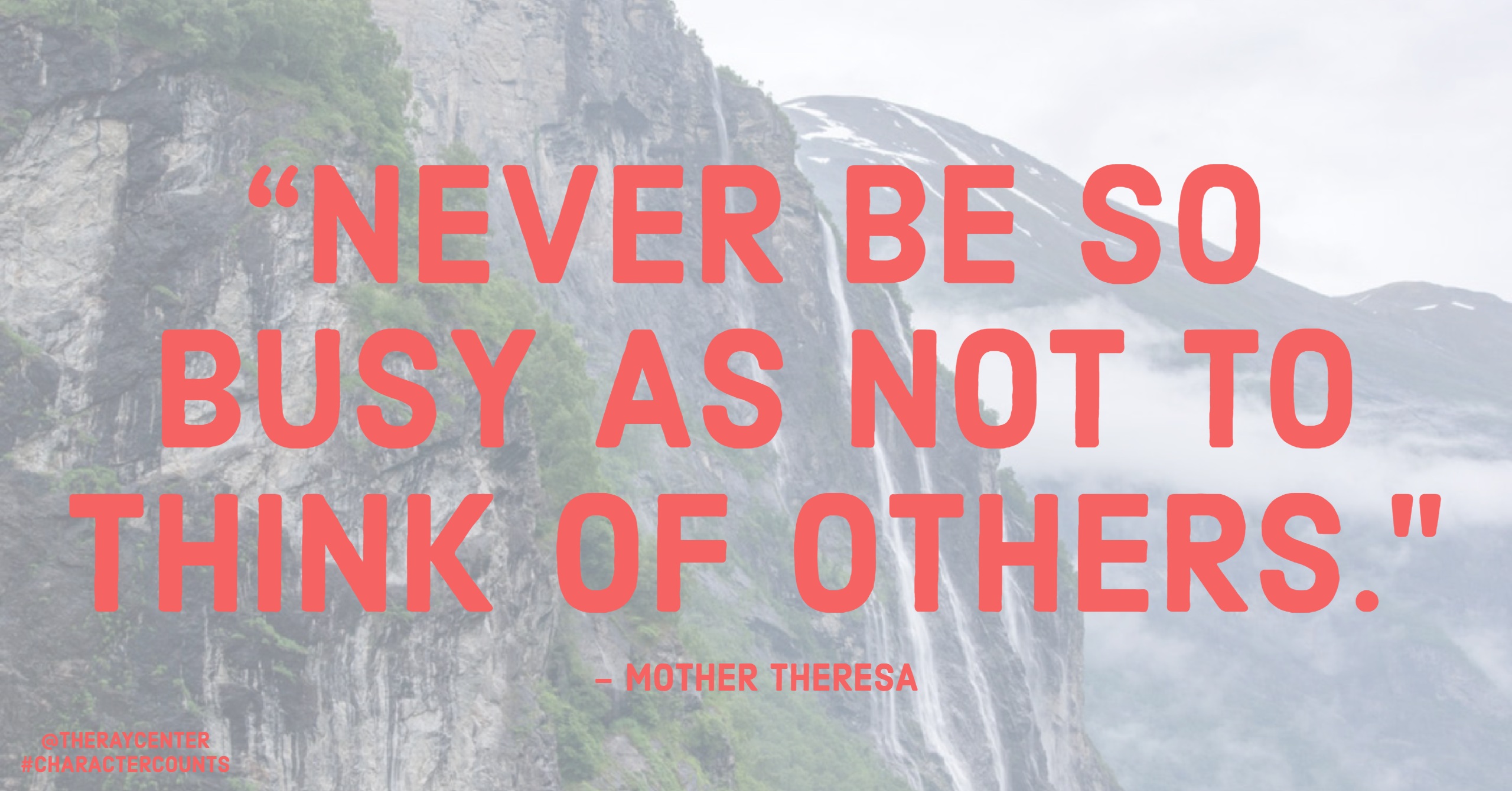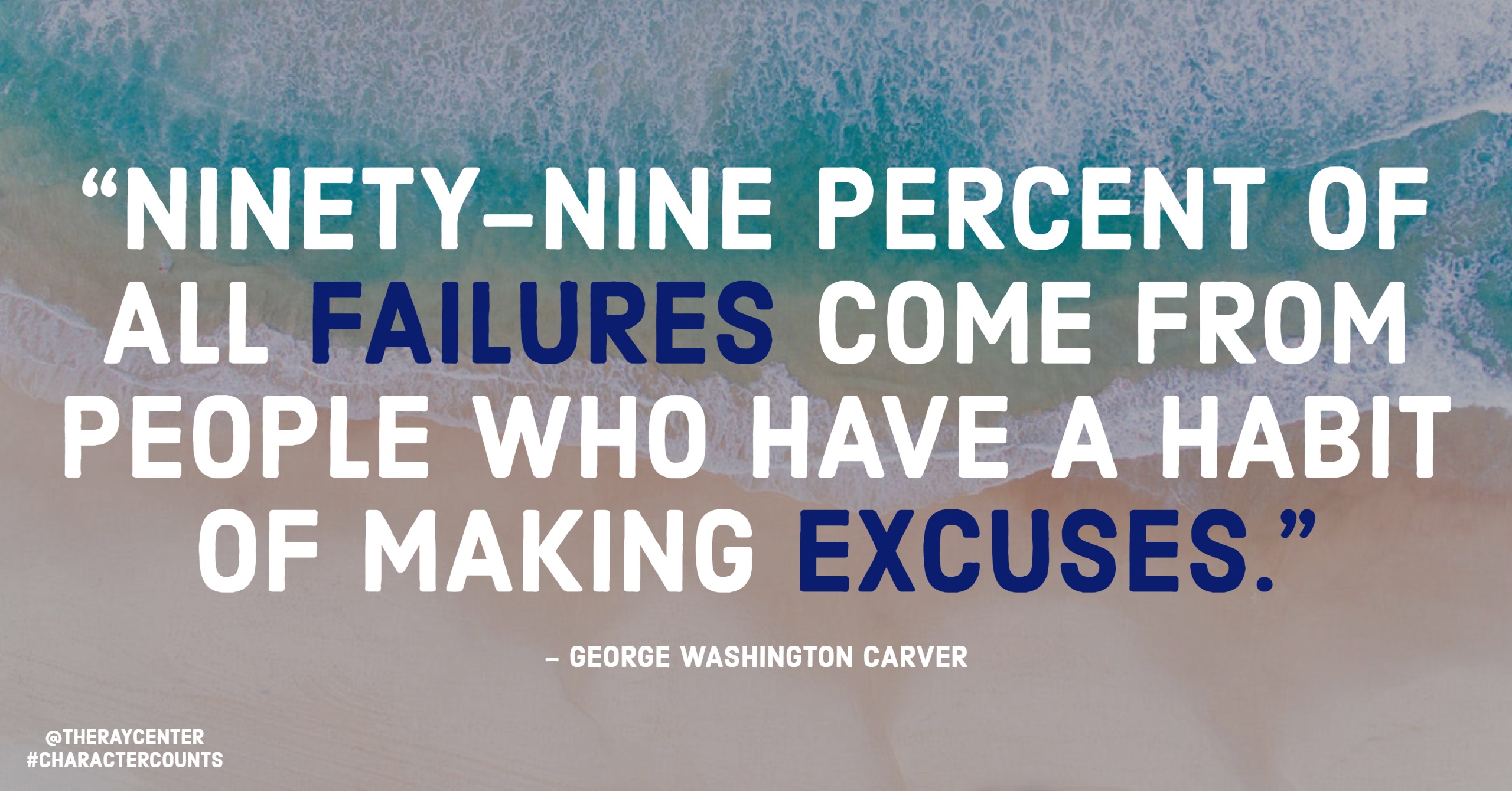
From our guest contributor, Michele Borba.
Here are nine tips I shared with parents on Martha Stewart Living to make homework time more successful this year for your child and you.
1. Know teacher’s expectations
Be clear as to each teacher’s homework policy so you are all on the same page from the get-go. Find out how long should take on the average per night. That answer will help your determine if your child has too much work, is a procrastinator, has a learning disability or lacks study skills. Then talk with your child so he knows you are not only aware of the teachers’ expectations but also support them.
2. Praise effort and not the “end product“
Kids needs to learn the importance of hard work and effort. Homework also provides a great opportunity for you to reinforce your child’s perseverance.
You might start a family motto such as “Never Give Up!” or “Don’t quit until you succeed” or “In this family, we finish what we start,”
Perhaps the most important trait that doing homework instills in our children is perseverance. And the only way they’ll learn to value effort is by our steady emphasis of “it’s not good enough just to start; you have to finish.”
- Research at Columbia University by Carol Dweck found that when you emphasize Effort “You’re working so hard” over Smarts “You’re so smart, you can do it!” you actually will increase your child’s persistence.
3. Be a guider not doer
Insist homework be your child’s responsibility not yours. Resist the temptation of always sitting next to her and offer your help only when it’s really needed. If your child is having difficulties, help her understand the work by making up similar problems and showing her step by step how to do it. Then watch her try to do one on her own. That way you won’t be doing all the work for her.
Asking her to show you her completed work at the end of each row or section is another way to ensure she’s following the directions correctly but not relying on you for every detail.
You can start “weaning” a child from having you sit right next to her by saying: “You do the first one. We’ll do the next together.” Then the next week: “You do the first row. I’ll check the next row.” The next week: “You do the first half. I’ll come back and check the second half.”
You’re using the baby step model and slowing weaning your child from you always doing and being there. Your goal is to merely check completed work. If you always do it with your child you’ll never be able to help the child do the task alone at school. Right?
4. Make homework be required…not a choice
From the beginning of the school year maintain a firm, serious attitude about homework. Your kid needs to know that homework is not an option. Enforce the “work before play” rule.
5. Develop a weekly homework reminder
Teach your child to create a simple reminder of daily or weekly assignments as well as a long-term projects and reports. A white board or chalkboard is preferable because it is reusable. Just be sure to hang it in a central place.
List the days of the week, and then help the child jot down regular daily or weekly assignments. For instance: Monday: Sharing; Wednesday: Library; Friday: Spelling Test.
Use photographs or icons for nonreaders (for example a picture of a book for library day). The ultimate goal is for your child to track of his own daily assignments without your reminders, but you know that will take some time.
6. Create a special homework spot
Involve your child in the selection of a specific place to do homework and stock it with necessary school supplies. The general rule is the younger the child, the closer that spot will be near you. Put the computer in a place where you can carefully view what your child is doing online.
7. Set a homework routine
Select a time that works best for your kid to do his—after school, before dinner, after dinner—then stick to it. Ask your child for his input and do try to accommodate his schedule. A set and predictable schedule helps defray the battles and gets your kid on a routine.
You may want to even post your agreement in a visible place and then sign it.
Many kids need a break after school, while others like to delve right in.
Find your child’s best time work time and consistently reinforce it. Drawing a clock face that shows the set homework time is helpful for younger children.
8. Teach study skills
A common reason for homework battles is that the child hasn’t learned essential study skills. Here are a few such skills to help your child:
- Make a ‘To Do’ list first: Help your child make a list of what needs to be done in order of priority, and then cross each off as completed. A young child can draw a different task on paper strips put them in the order he plans to complete each homework, and then tear off a strip as each task is finished until no more remain.
- Chunk tasks: Tell your child to do “one chunk at a time” to seem less overwhelming then gradually increase the size of the “work chunks” as your child’s confidence and ability increases.
- Do the hardest first: Encourage your child to do the hardest assignment first since it takes more concentration and longer to do.
- Play “beat the clock: To help with time management, give your child an oven-timer or stopwatch. Tell him to set the time for a specified amount (that he can do.. like five minutes) and encourage him to work by himself until the time runs out. Gradually stretch the time as your child’s attention span increases.
- Put finished tasks away, ASAP: Set a routine that the finished task is immediately put into a folder, placed in the backpack and set by the door ready for next morning.
9. Consider a getting a tutor
If you do find homework battles increasing, you are doing most of your child’s work or your child is having a difficult time mastering the subject despite your help, consider hiring a tutor. Ask your teacher or other parents for recommendations including even a high school student. The goal of homework should always be to enhance your child’s learning abilities and confidence while at the same time preserving the relationship with your child.
 Dr. Michele Borba is an educational psychologist, parenting expert, TODAY show contributor and author of 22 books including The Big Book of Parenting Solutions: 101 Answers to Your Everyday Challenges and Wildest Worries and UnSelfie: Why Empathetic Kids Succeed in Our All-About-Me World.
Dr. Michele Borba is an educational psychologist, parenting expert, TODAY show contributor and author of 22 books including The Big Book of Parenting Solutions: 101 Answers to Your Everyday Challenges and Wildest Worries and UnSelfie: Why Empathetic Kids Succeed in Our All-About-Me World.
Check out: micheleborba.com or follow her on Twitter @micheleborba.
Learn more about character education.




 Dr. Michele Borba is an educational psychologist, parenting expert, TODAY show contributor and author of 22 books including
Dr. Michele Borba is an educational psychologist, parenting expert, TODAY show contributor and author of 22 books including 




